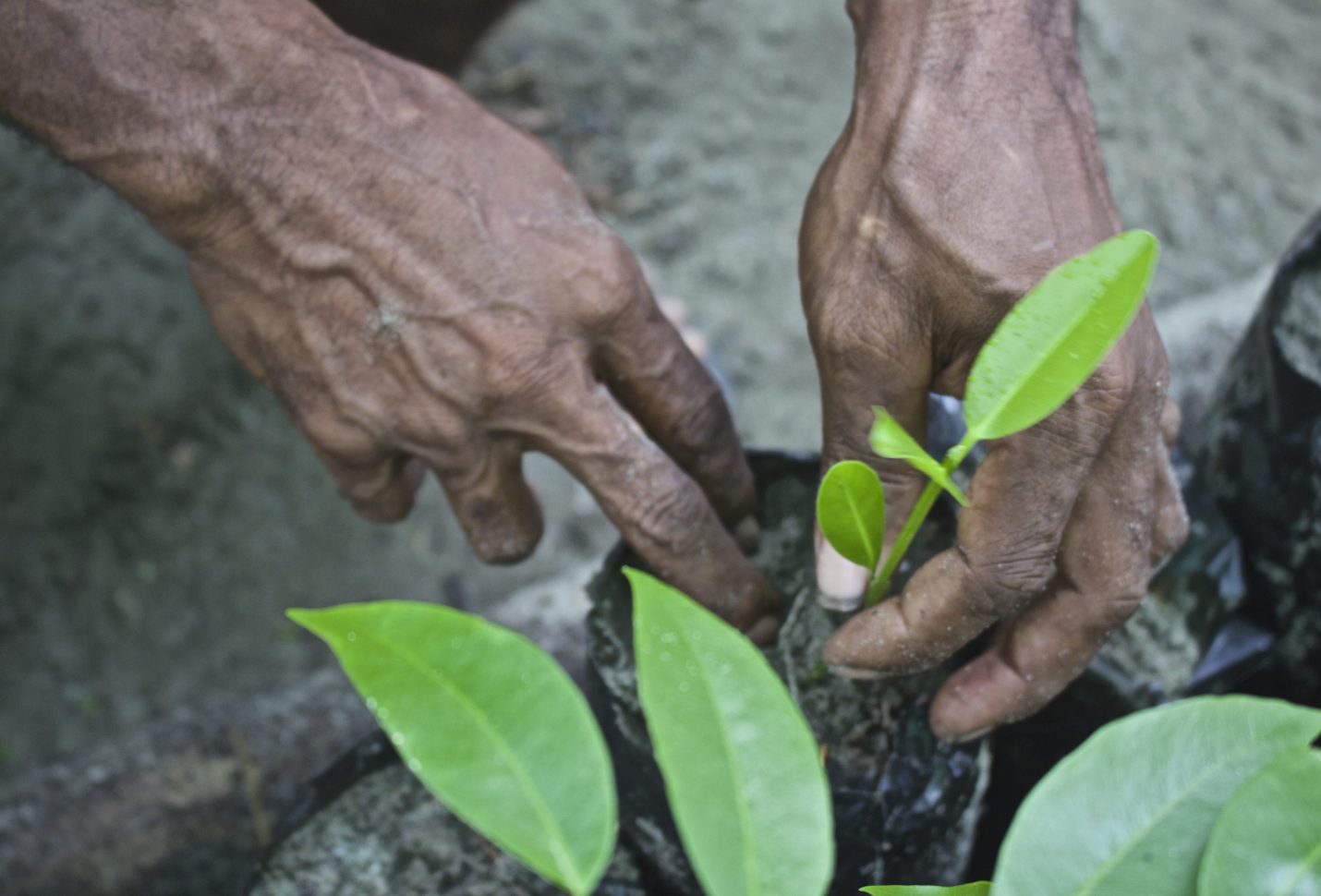
5 Steps to Build an Effective CSR Strategy
In today’s business landscape, Corporate Social Responsibility (CSR) has evolved from being a “nice-to-have” to ...

The United Nations Development Program (UNDP) has launched an initiative to support developing countries’ access to carbon markets to help unlock the trillion-dollar gap that is needed for developing countries to carry out their climate action pledges.
The initiative – launched at the 28th United Nations Climate Change Conference – also seeks to mitigate social and environmental risks and promote accurate carbon accounting.
Carbon markets provide a path for developing countries to bring low carbon technologies to their countries and to raise significant private capital – potentially billions of dollars – to support their climate action. However, carbon markets have been plagued with controversy including concerns related to double counting of greenhouse gas emission reductions, human rights violations, and greenwashing.
The initiative seeks to address these concerns, while promoting the positive impacts this type of financing can produce when done correctly. The launch marks a turning point in UNDP’s efforts to bring the principles of environmental and social integrity into practice.
“Carbon markets can help unlock the trillion-dollar gap that is needed for developing countries to carry out their climate action pledges. But they cannot and should not be used to the detriment of climate impact, indigenous communities and human rights. This initiative represents a pioneering approach, emphasizing integrity of carbon credit supply, equity for host countries, farmers, households, and rights-holders, including Indigenous Peoples, local communities, and women” noted Achim Steiner, UNDP Administrator.
Carbon markets, both compliance and voluntary, are trading schemes that create financial incentives for activities that reduce or remove greenhouse gas emissions. In these schemes, emissions are quantified into carbon credits that can be bought and sold. One tradable carbon credit equals one ton of carbon dioxide – or the equivalent amount of a different greenhouse gas – reduced, sequestered or avoided. This could be by reducing deforestation or by capturing and burning methane gas from landfills to generate electricity.
“Carbon markets can support environmental sustainability, foster human rights and improve economic development, especially in communities most impacted by climate change, but only if they are aligned with the Paris Agreement goals. For this to happen, we need increased reliability and transparency” added Cassie Flynn, UNDP Climate Hub Director.
The initiative builds on UNDP’s Carbon Payments for Development (CP4D) Facility in partnership with the Government of Switzerland to support Article 6 readiness and ITMO agreements; UNDP’s well-established forest carbon portfolio in partnership with the UN-REDD Program, Green Climate Fund (GCF), Governors’ Climate and Forests Task Force (GCFTF), Central African Forest Initiative (CAFI), Forests Carbon Partnership Facility (FCPF) and the LEAF Coalition; and the joint initiative with Climate Focus on Carbon Markets Access Strategies.
UNDP’s robust Social and Environmental Standards and track record in delivering resources directly to indigenous peoples and local communities; establishing equitable benefit sharing arrangements; stakeholder engagement platforms, grievance mechanisms; respecting the rights of indigenous peoples; and promoting gender equality and women’s empowerment provide a critical foundation for UNDP to fulfill its commitment to high integrity.
اترك تعليقا